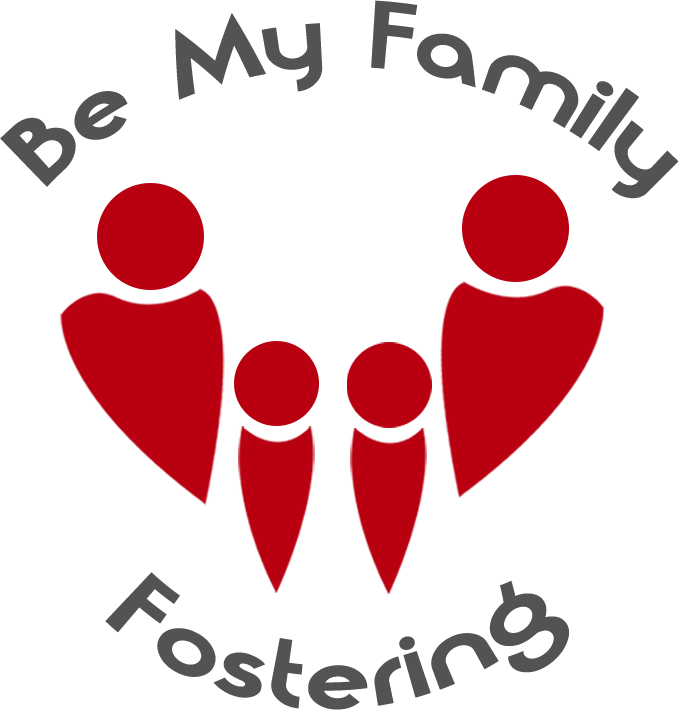Types of Fostering
There are many different types of fostering that you can choose to specialise in. You should consider what skills and experience you have, as well as what would suit you and your family best. Here are some of the different types of fostering.
Emergency foster carers will need to be prepared to take a child into their home at any time of the night or day and have them stay for a few days. This type of fostering is used at short notice. For example, if a lone parent is taken into hospital and there is no one to care for their child. Longer-term plans must then be considered.
This can mean anything from an overnight stay to a period of several months. Short-term foster carers provide a temporary place to stay until the child can return home to their own family or a longer-term fostering placement or adoption arrangement can be made.
Sometimes children will not be able to go back to live with their own families for a number of years, if at all. Long-term fostering allows children and young people to stay in a family where they can feel secure, while maintaining contact with their birth family.
Also known as ‘shared care’ or ‘respite’, this covers a variety of different types of part-time care. You might have a child to stay for anything from a few hours each week to a couple of weekends each month, giving their own family or their full-time foster carers a break.
Specially trained foster carers will take both young parents and their babies into their home, providing them with care and support and teaching them how to care for their baby.
Experienced foster carers are able to look after sibling groups and deal with the complex dynamics of such foster placements, especially, where siblings are placed separately, the foster carers will encourage and facilitate frequent contact in order for them to develop and maintain positive relationships with each other.
Some foster carers specialise in helping young people prepare to live independently. Foster carers will need to help these young people develop self-confidence along with life skills, such as looking after their own health, budgeting, completing domestic tasks and managing social relationships.
Skilled foster carers provide homes for children and young people with additional needs arising out of specific physical / learning disabilities and/or emotional / behavioral difficulties. These foster carers are provided with additional support and training.

